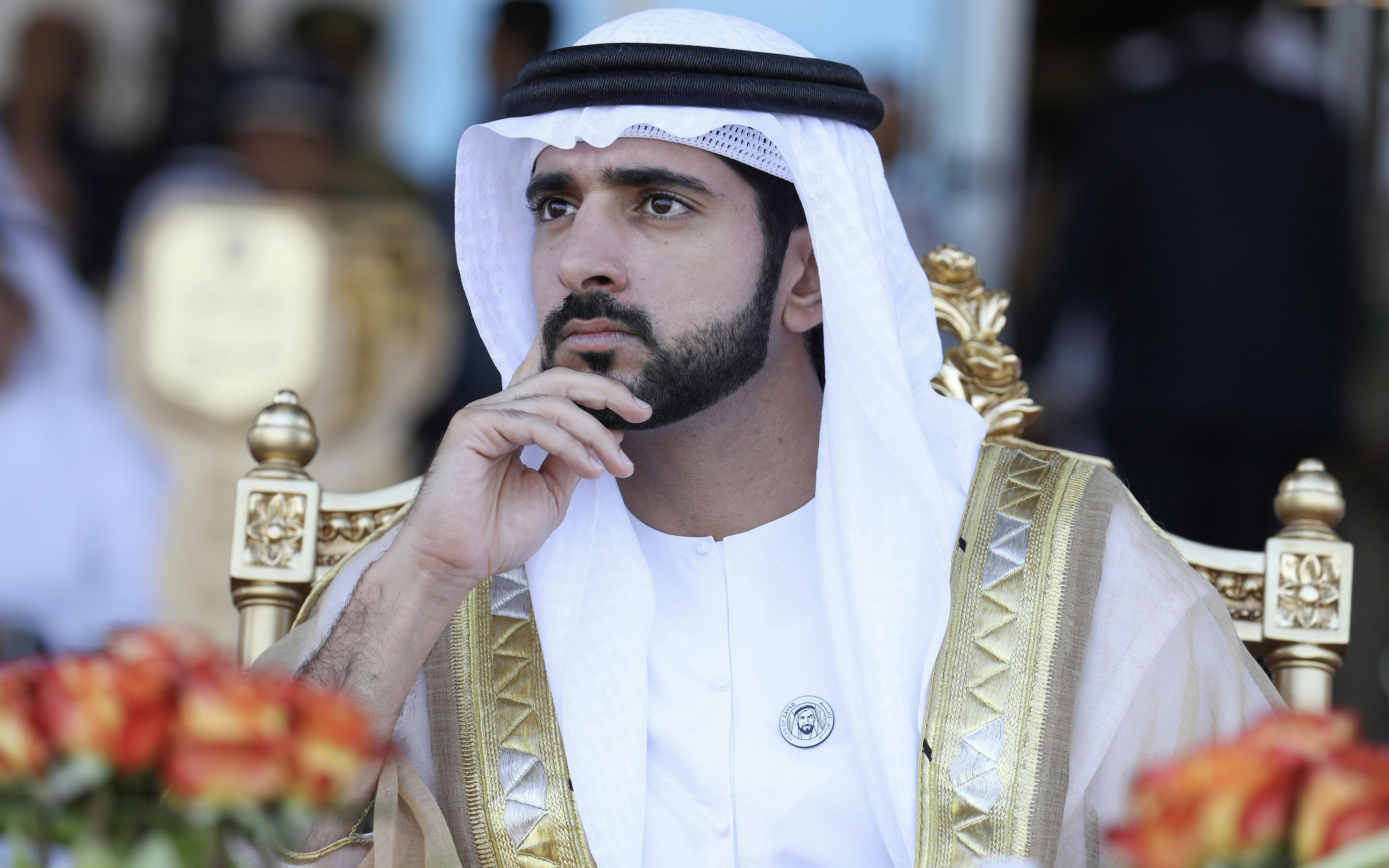Saudi Arabia and the United Arab Emirates (UAE) increasingly feel compelled to take a stance in the conflict between Israel and Iran, a development that challenges their previous neutrality in geopolitical disputes. Despite intensive efforts to maintain a balance between their regional rival Iran, their most important security partner, the USA, and Israel, they could soon be faced with difficult choices.
Last week, the Iranian retaliation for an attack in Syria that killed high-ranking Iranian military officials highlighted the precarious situation of the Gulf states. Although Saudi Arabia and the UAE provided intelligence assistance that contributed to the successful repulsion of the Iranian air strike, they refused to allow the United States and Israel to use their airspace to intercept the projectiles.
The diplomatic relations between Saudi Arabia and Iran were resumed a year ago through an agreement mediated by China, but recent developments could threaten this progress. Since the attack on the Iranian embassy in Damascus, the Gulf states fear that Iran might possibly attack Israeli embassies in the region.
The USA has announced they will not participate in an Israeli retaliatory strike, putting the Gulf States in a difficult position. Should the conflict escalate and involve the USA, it would be difficult for Saudi Arabia and the UAE to remain neutral without exposing themselves to the risk of Iranian retaliation.
The decision on how to respond to the crisis is also influenced by the domestic political goals of the Gulf states. For example, Saudi Crown Prince Mohammed bin Salman does not want the war to jeopardize his ambitious plans to transform the Saudi economy.
In recent weeks, officials from Saudi Arabia and the UAE have also met with representatives of the Lebanese militant group Hezbollah to de-escalate their conflict with Israel. This demonstrates the Gulf states' efforts to avoid further escalation.
The latest attacks and the defensive response to them demonstrate that closer cooperation with the USA could help the Gulf states protect their sovereignty in collaboration with the USA and their neighbors. However, the long history of insufficient US responses to Iranian aggression has made the Gulf states cautious about getting caught in the crossfire for US interests.
The Political Scientists and Experts in the UAE Advocate for Staying Out of the Conflict and Focusing on Their Own National Interests and Security. This Attitude Reflects the Growing Need to Establish Their Security Arrangements as the US Protective Shield Becomes Increasingly Patchy.





